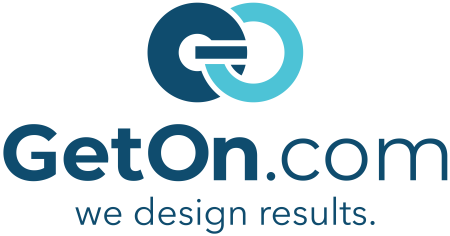The first question a person usually asks when wanting a website is “what’s it going to cost me?”.
For people who haven’t had a website before or perhaps used an out-of-the-box solution, the expectations on what you get vs. what you pay for do not usually match.
The following are a few items to think about when getting a website and how your expectations may affect the end cost.
1) Design – There is a cost involved in the general design and layout of a website and generally, you get what you pay for. The more individuality and creativeness you require for your site, the higher the cost. A low end, low budget website is usually designed based on a template. These sites can still be very professional and visually appealing; however, customization will increase the cost.
Determine what exactly you are looking for in the look and feel of your website, as well as its layout and talk with your designer about a solution that will work for you.
2) Functionality – What do you want your website to do? A basic site that provides general information is what you can expect for a low-end budget or starter solution. Once you start adding features and functionality, the cost will increase. Features can include a blog or news system, a photo gallery, interactivity, database driven functions, shopping carts etc.
Determine your requirements with your web designer so that your end result works to meet your needs.
3) Strategy and Consulting – You should have specific goals for your website and your site should be built to match those goals. Are you trying to attract new business? Are you providing a service to your current clients? Is your market local? Is your market international? Determining your goals, market and reach is an important step to strategizing and building your website. By doing so, you can then get a site that is built to meet your goals, strategy and market.
4) Marketing – Who is your target visitor and how can you reach them? How you market your website is an important factor in the overall success of your website. Reaching your target visitor can depend on who they are and how they will find you. Will you reach them through the organic search engine results? Through the pay-per-click search engine results? Will they find you off links off other websites? Through social media? The saying “build it and they will come” does not work for your websites if they don’t know your website exists. Expect to include marketing into your web site budget.
5) Content Writing – Your message is important and it is critical that your content reflects your business. Why are your visitors coming to a website like yours and what are they looking for? You need to provide more than just useful information, you need to provide your visitors with a reason to do business with you… hook, line and sinker. There are options to hire a professional copywriter to write or edit the content for your website.
6) Formatting, graphics, images etc. – Making your words look nice is equally important. You want clear calls to action that entice the visitor to action. Perhaps you want a few graphics or images on each page. Choosing the right image and formatting it so it displays properly is an important task.
7) Hosting, Domain Name, Email etc. – You need a domain name. This is the URL that visitors will type in to reach your website. An example is getonmarketing.com or google.com. There are registration fees involved with securing a domain name. Next you will need hosting for your site. This is the server space required to hold your website on the Internet. There are monthly fees involved for this service. With your hosting and/or domain name you should get email services. Depending on your plan will depend on the number of email addresses you get. You can always add more but there will be a cost associated with additional accounts.
These are some of the most common factors that play into the cost of a website. This is why many companies provide an estimate for web design instead of a hard cost.
After all, as clients get more involved in the building of the website, or learn more about features and functionality, they often decide to add additional elements along the way.
While it is completely appropriate to want to know what your website will cost, the bigger, more important question you should be asking is what can a website do for you.
Higher ROI, conversions, increased branding, increased sales etc. can all be achieved with a website planned from the beginning with a good strategy and functional design.
By determining what a website can do for you, you will often come to your own conclusion of what you need out of your website which will then help determine your costs.
After all, if you know you are going to get more out of your website, you will be willing to put more into it. Likewise, the more you put into it, when done right, the more you will get out of your site.
Determine your goals and we will help define a strategy and design the tools and platform to reach them! Contact GetOn Marketing today!
